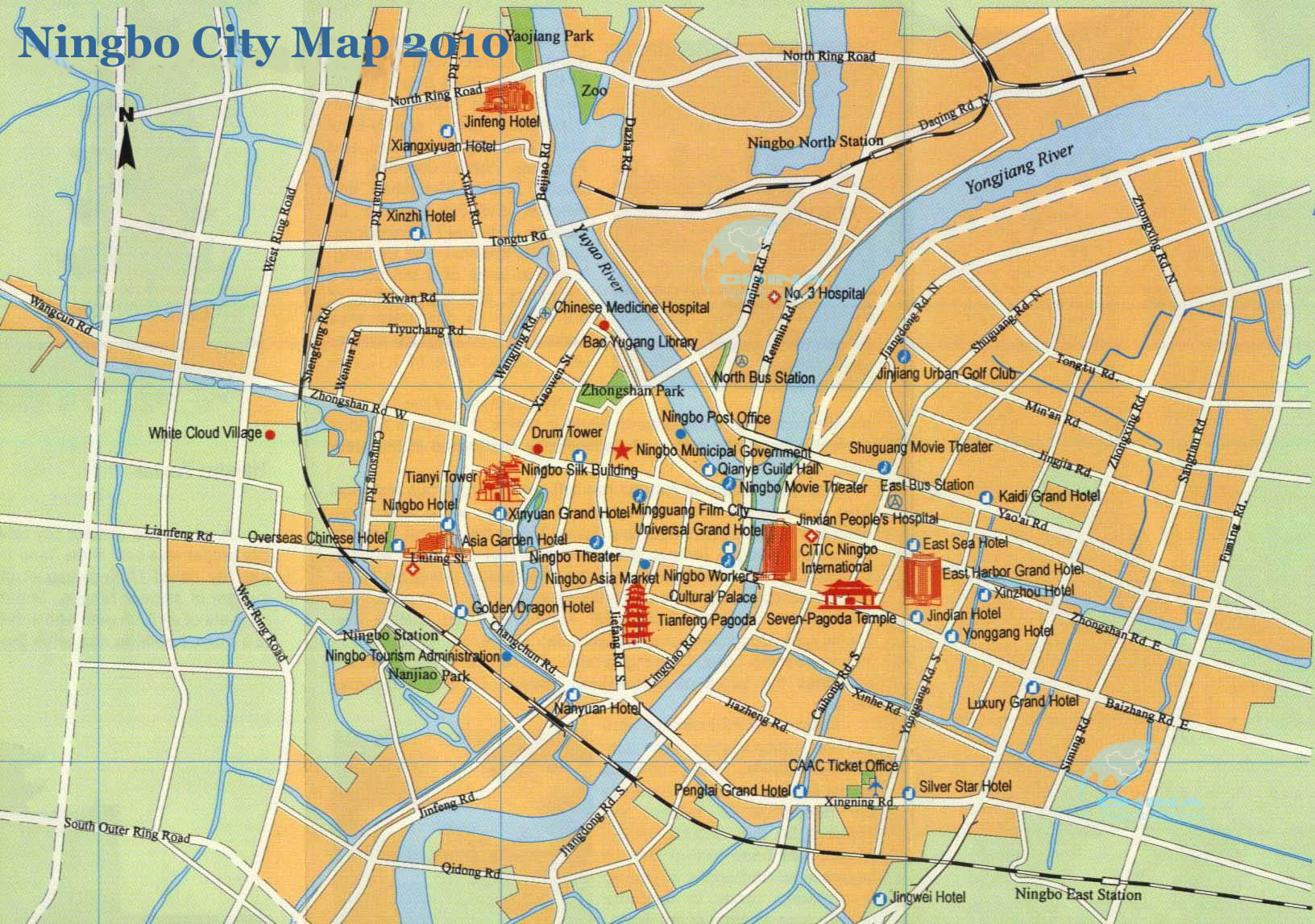Hangzhou: A scenic city with strong traditions and a vibrant modern economy
Hangzhou, the capital city of Zhejiang province, has a long history and established traditions. With over 10 million residents, it offers the amenities of a large metropolis while maintaining a leisurely pace of life.
A rich cultural heritage
Hangzhou is renowned for its scenic West Lake cultural landscape, a UNESCO World Heritage site featuring picturesque gardens, pagodas and causeways. This lush oasis in the urban core has inspired artists for centuries. Additionally, Hangzhou has a strong tradition of silk production, and silk paintings, embroidery and other handicrafts remain an important part of the local culture.

Thriving modern economy
Today, Hangzhou is also a hub for technology and entrepreneurship. As the headquarters of e-commerce giant Alibaba Group Holding, the city attracts talent from around the world to work in industries like artificial intelligence, fintech and robotics. Overall, Hangzhou has a diverse economy powered by commerce, tourism and new growth sectors.
Ningbo: A dynamic port city balancing history with modern development
While slightly smaller than Hangzhou with around 8 million residents, Ningbo has its own rich maritime history and vibrant identity. Located on China’s eastern coast, it remains an important commercial gateway.
Historical significance as a port
Ningbo rose to prominence as a strategic maritime trading hub during China’s Ming and Qing dynasties. It was one of five ports opened to foreign trade following the Opium Wars in the mid-1800s. Relics of this period can still be seen around the port area today.
Mix of old and new
Ningbo superbly blends classic architecture, landscapes and intangible cultural aspects with modern skyscrapers, factories and lifestyle amenities. The city encourages sustainable growth through industries like shipbuilding, logistics and renewable energy to build on its roots as a commercial center.
Comparing lifestyles between the two cities
While both Hangzhou and Ningbo offer high quality of living to residents, they have distinctive local flavors.
Leisurely Hangzhou
Known as a top tourist destination, Hangzhou locals enjoy a slower rhythm of life. Outdoor activities like birdwatching at the West Lake scenic area or teapicking in rural towns are popular weekend pastimes. The hospitality and service sectors also cater well to visitors, contributing to a relaxed atmosphere.
Dynamic Ningbo
As a bustling port, Ningbo is more business focused with a vibrant urban energy. Locals have a strong work ethic yet still find time for community events celebrating their rich cultural heritage, like lion dances and folk performances. The coastal city also enjoys fresh seafood cuisine reflecting its maritime roots.
Comparing urban planning and public facilities
Both Hangzhou and Ningbo achieve high standards of livability through thoughtful city planning and infrastructure development.
Eco-friendly spaces in Hangzhou
Wide tree-lined boulevards and over 200 parks help protect Hangzhou’s natural environment while benefiting public health. With the recent completion of new metro lines, residents can easily reach the West Lake and other top attractions via green public transport.
Advanced infrastructure in Ningbo
As a major port and manufacturer, Ningbo prioritizes logistical efficiency. In addition to its large-scale shipyards and container terminals, the city is building underground tunnels and elevated walkways to alleviate traffic congestion downtown. Residents enjoy convenient living supported by these modern facilities.
Evaluating economic and career opportunities
While both cities offer ample jobs, their industry specializations suit different types of professionals.
Tech talent in Hangzhou
With Alibaba’s regional headquarters and various startups, Hangzhou sees growing demand for software engineers, UI/UX designers and innovation roles. College graduates have access to international training programs and internships at local tech powerhouses.
Maritime careers in Ningbo
Ningbo’s logistics and maritime sector employs many in port operations, shipping, manufacturing and renewable energy. Experienced workers can find opportunities in supervising construction of enormous cargo ships or offshore wind farms. The city also cultivates niche talents in trades like naval architecture.
Weighing pros and cons for living choices
Both renowned cities offer high quality of life but each has tradeoffs depending on one’s priorities:
Pros of Hangzhou include natural beauty, slower pace and thriving digital economy near the West Lake. However, summers are quite humid and public transport requires improvement.
Pros of Ningbo encompass seafood cuisine, vibrant port energy and advanced infrastructure well-suiting families. The major con is smaller living spaces on average due to higher population density.
For singles or young couples seeking culture and start-up experience, Hangzhou’s scale and amenities prove more attractive. Families appreciate Ningbo’s family-friendliness and job prospects in maritime industries. Overall both cities deserve consideration for residents and expats alike.
In conclusion, Hangzhou and Ningbo have established themselves as top tier communities in China through balanced planning and investments in quality of life. Each locates strengths appealing to different individuals - together they enrich the dynamic Zhejiang province.

 An Insider's Guide to São Paulo
An Insider's Guide to São Paulo